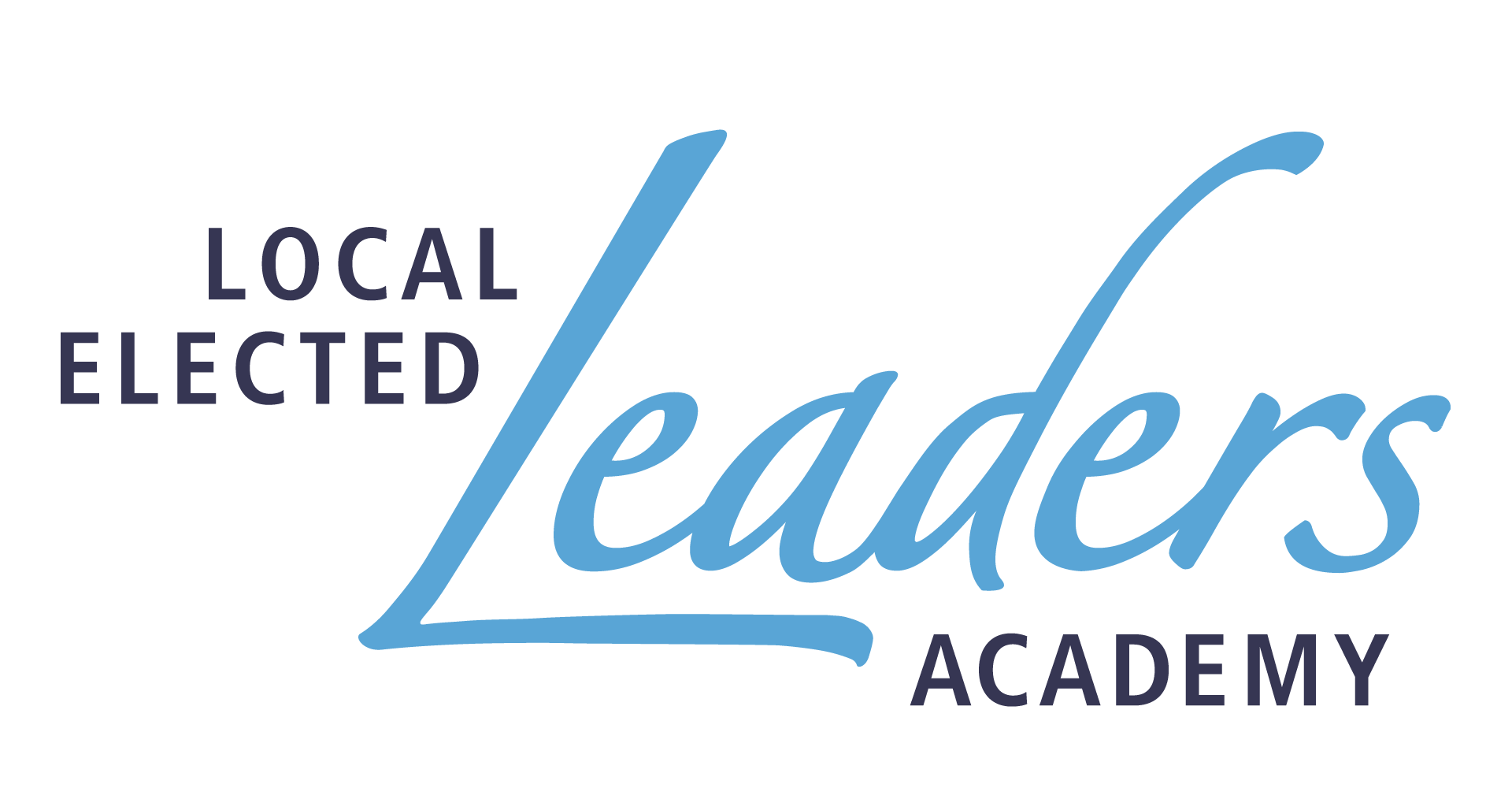Legal Competency for Local Elected Officials

Being effective as a local elected official means understanding your local authority, being fluent in meeting procedures, and knowing the scope of your transparency obligations. The laws are complex, and many situations raise questions that are unique to each set of circumstances. These complexities are often heightened by the vast array of social media platforms, which call into question the boundaries of free speech and the public’s right to know. As leaders, it is important for elected officials to know and understand appropriate and meaningful ways to engage citizens in the business of governing.
This course is designed to enhance the basic materials covered in the Essentials courses, and will give you a deeper understanding of your legal responsibilities. Topics included focus on the legal foundations and day-to-day requirements elected officials should understand to be effective, competent local leaders. Subjects addressed will include:
- Legal authority of the local unit
- Rules of Procedure
- Roles and responsibilities of individual board members
- Transparency requirements
- Conflicts of Interests
LELA Level: This is a 101 Level course in the Local Elected Leaders Academy. Participating elected officials will earn 6 credits toward their Practitioner recognition certificate.
The North Carolina Association of County Commissioners provides cost offsets for county elected officials to attend LELA courses. For information on this discount please click the link below.






